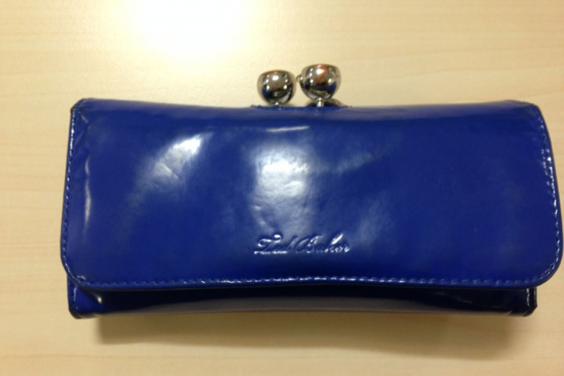Members of the “Arctic 30” group risk 7 years in prison after having protested peacefully about the Gazprom oil rig in the Arctic area. Potočnik: “wildly disproportionate allegations”
 After having received support from 11 Nobel peace laureates, European leaders, non-European and a large part of the international community, even the European Union unites in the chorus of solidarity regarding the “Arctic 30,” the 28 Greenpeace activists and 2 freelance journalists who have been locked up in a Russian prison for one month. Until Wednesday they were charged with “piracy,” a crime punishable by Russian law with a penalty of between 10 and 15 years in prison. Yesterday the accusation was reduced to “vandalism,” a crime that still could carry a sentence of 7 years in prison. The activists, a photographer and a freelance video journalist were arrested on September 18th by the authorities of the Russian police, following a peaceful protest against Gazprom, the colossal oil and gas company that started drilling in the Arctic zone.
After having received support from 11 Nobel peace laureates, European leaders, non-European and a large part of the international community, even the European Union unites in the chorus of solidarity regarding the “Arctic 30,” the 28 Greenpeace activists and 2 freelance journalists who have been locked up in a Russian prison for one month. Until Wednesday they were charged with “piracy,” a crime punishable by Russian law with a penalty of between 10 and 15 years in prison. Yesterday the accusation was reduced to “vandalism,” a crime that still could carry a sentence of 7 years in prison. The activists, a photographer and a freelance video journalist were arrested on September 18th by the authorities of the Russian police, following a peaceful protest against Gazprom, the colossal oil and gas company that started drilling in the Arctic zone.
Janez Potočnik, European Commissioner for the Environment, was the Commission’s spokesperson, intervening Wednesday at the European Parliament in Strasbourg. “While our immediate concern is the detaining and disproportionate allegations manifested toward those being held, we must not, however, lose sight of the issue to which these people were trying to draw our attention: to ensure that economic activity in the Arctic doesn’t damage the fragile balance of the ecosystem in this region.”
“Climate change is already having a significant impact on the Arctic’s ecosystem – Potočnik added – and the exploitation of natural resources in the region poses an additional threat if not taken care of in a sustainable manner, with all the necessary precautions, and by consulting the local people. We cannot even imagine the impact an oil spill in the Arctic would have and the difficulty and cost of eventual remediation.” Although they said they were sorry about the situation, Potočnik revealed nonetheless that Russia declared they were “open to a solution” in this case. “This gives hope for a positive outcome,” she concluded.
Recognition of the dangerousness of drilling in the Arctic by the European Union “is very important” for Greenpeace, just like the fact that concern was expressed for the activists and journalists still in jail. The Director of the European Unit of Greenpeace, Jorgo Riss, commented: “It is encouraging to see the EU recognizes the dangers of drilling in a hostile environment such as the Arctic. We welcome the EU’s concern for the people who protested against Gazprom’s plans and we hope the growing worldwide support will help us obtain the release of our activists and journalists as soon as possible.”
Knut Fleckenstein, member of the EU-Russia delegation in the European Parliament, assured that he will bring up the case at the meeting with Russian MEP’s scheduled next week in Moscow. More than 90 MEP’s from 20 countries and 7 different political parties asked for the immediate release of the “Arctic 30” and also asked for the ban of drilling in the Arctic zone.
Marco Frisone


![La bandiera della Regione Lombardia [foto: Wikimedia Commons]](https://www.eunews.it/wp-content/uploads/2022/09/lombardia.png)








![Rottamazione di automobili - sfasciacarrozze [foto: imagoeconomica]](https://www.eunews.it/wp-content/uploads/2025/03/Imagoeconomica_1992747-120x86.jpg)